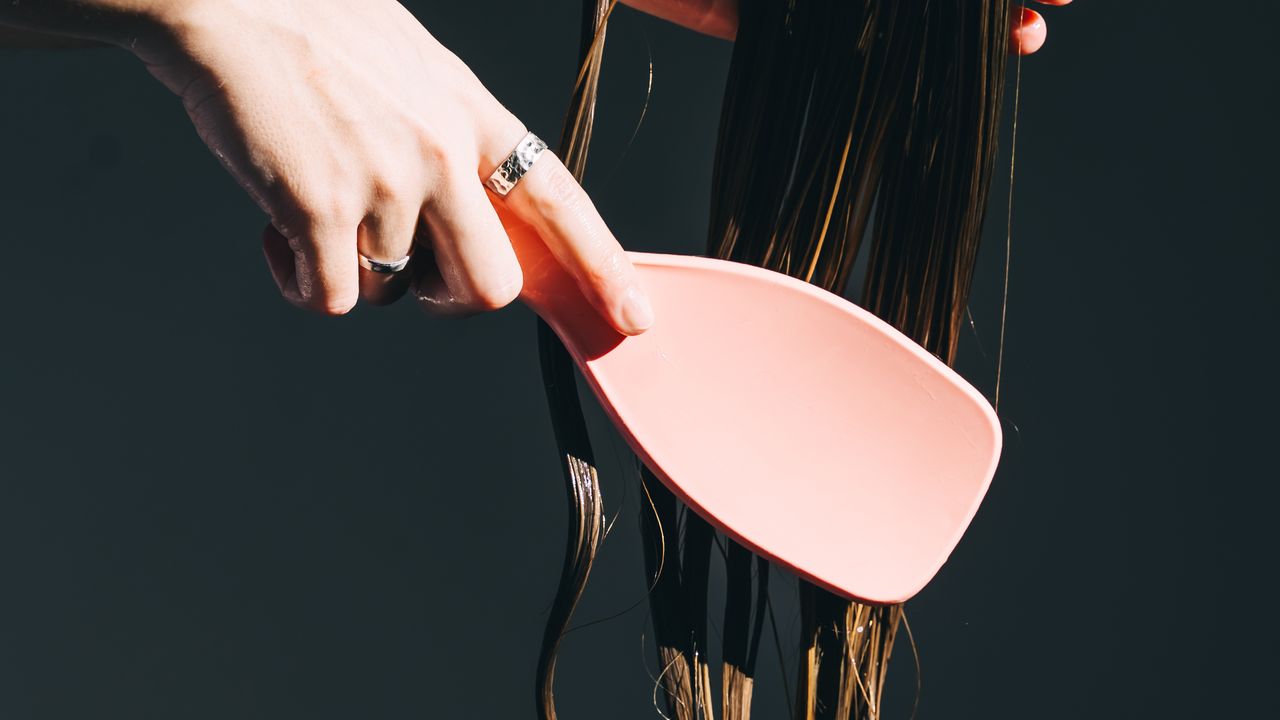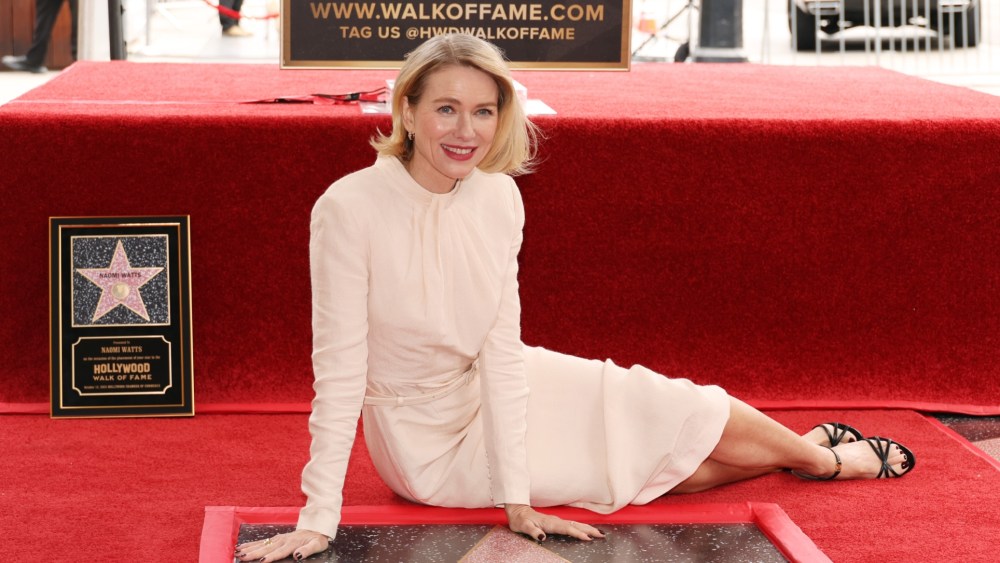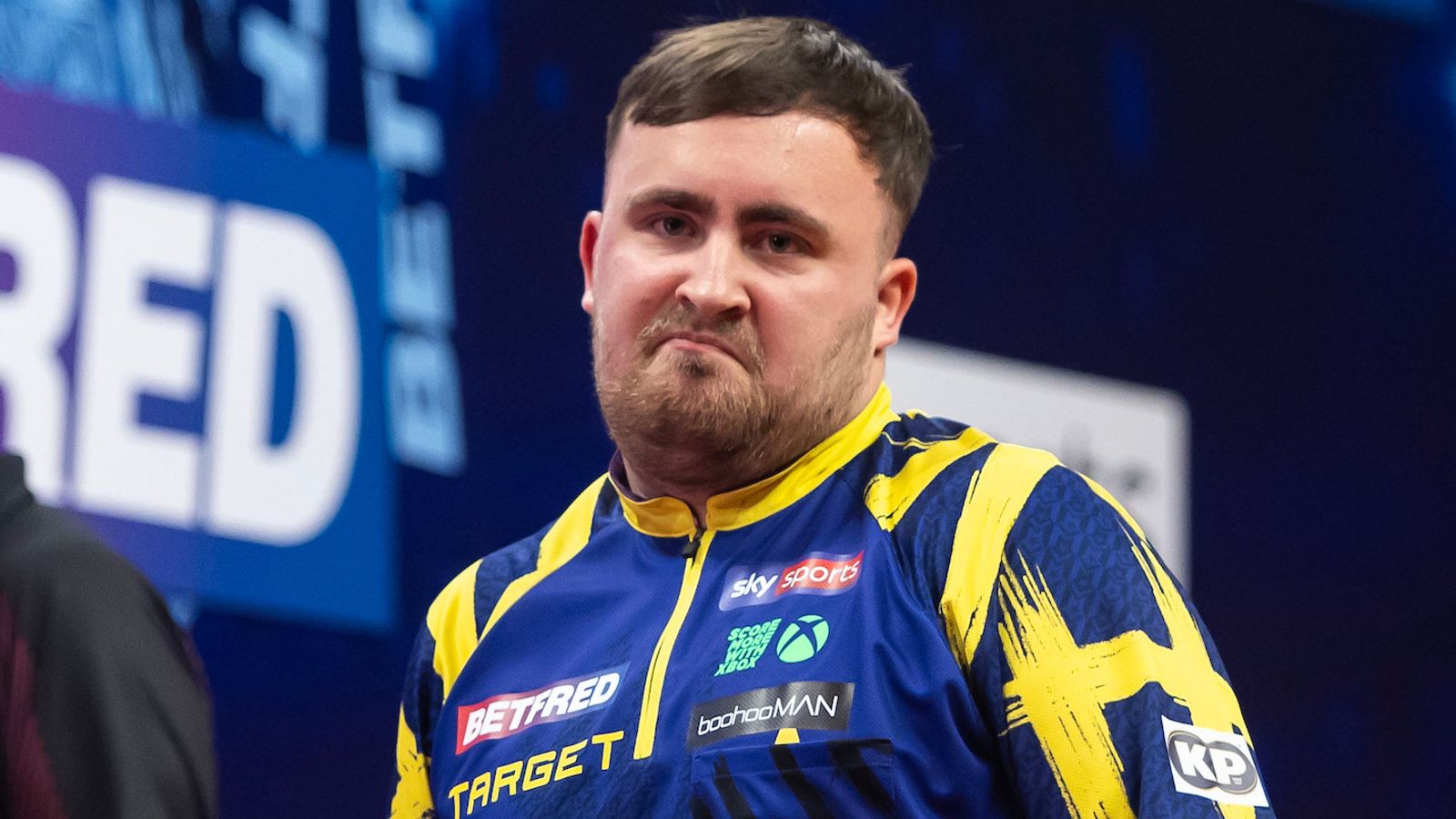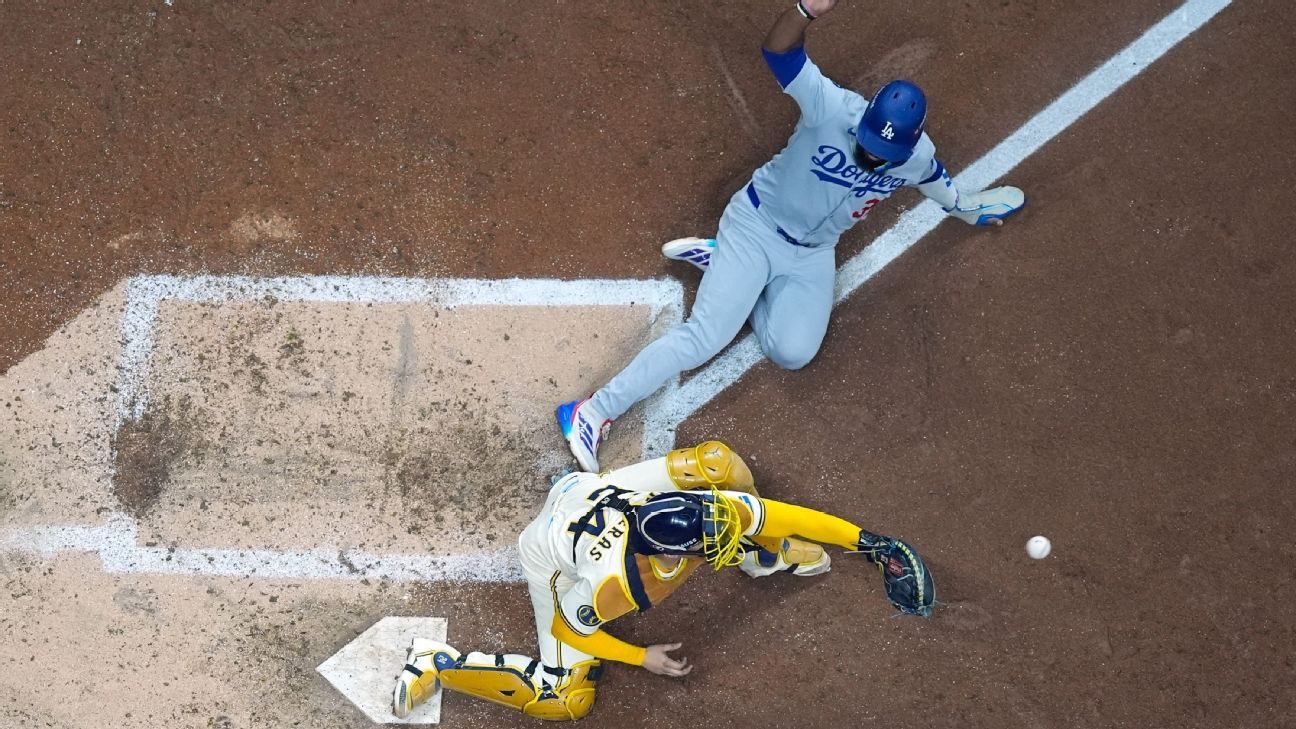
When our hair is in desperate need of some TLC, our natural instinct is to reach for the deepest and most nourishing protein treatment to soak our strands in, say a quick prayer to the beauty gods, and wait until we feel the dry ends and brittleness start to fade away.
Protein, after all, as board-certified dermatologist Hope Mitchell, MD, puts it, is “the building block of hair.” Because our hair is mostly made of keratin (which is a protein), Dr. Mitchell says treatments and products that are protein-based will help reinforce its structure.
Marisa Garshick, MD, board-certified dermatologist at MDCS Dermatology, agrees and says that its main purpose for our haircare needs is to repair and reduce hair breakage. It can also create a barrier around each strand to help retain moisture and protect it from damage you might get from heat styling, color treatment, or wearing protective styles, she says. “Think of it as patching up weak spots,” adds Dr. Mitchell. “Strengthening the cuticle and giving your hair more resilience.”
But before you go stock up on every protein-based shampoo and mask on your next beauty haul, there are a couple of things to consider. With protein for your hair, it’s a delicate balance of finding the right products that won’t cause more damage and figuring out if you even need more protein in the first place.
Is it safe?
“Yes, protein is generally safe for all hair types,” says Dr. Mitchell. “But the need varies.” She explains that those with fine, limp, or chemically treated hair benefit from protein the most because those hair types tend to lose strength and structure quickly. She adds that those with curly, coily hair have naturally more fragile strands and will also benefit from protein as long as you find the right balance between it and moisture. If your hair is already pretty healthy and strong, you might not need much—or any—of it.
The Downsides
There is such a thing as too much protein, and you’ll want to be careful about going overboard or when you don’t need it. “Protein overload is real,” says Devin Graciano, hairstylist and CEO of Goldie Locks. “Hair needs balance. Too much protein and not enough moisture reduces elasticity, making hair feel dry, tangly, and dull. Past that, it becomes brittle and breaks easily.”
It’s pretty easy to tell if your hair is sensitive to protein. Dr. Garshick says that the signs include hair feeling rough, stiff, or straw-like, or if your hair snaps off easily (especially if your hair was soft and healthy before). Dr. Mitchell agrees and adds that if you’ve already got strong, healthy hair that doesn’t break easily, you may not need extra protein.
How to Use Protein—Safely—In Hair
Dr. Mitchell recommends using protein-based products and treatments according to your needs. If your hair is color-treated, relaxed, or frequently styled with heat, for example, she says you’ll need to look for something that you can use weekly or bi-weekly. Healthier hair can go longer between protein treatments, and she says that you can get away with using a protein product once a month (or less). And regardless of how often you use protein for your hair, she says to follow up with a moisturizing conditioner or mask to keep the moisture balance just right.
#Hair #ProteinHeres






